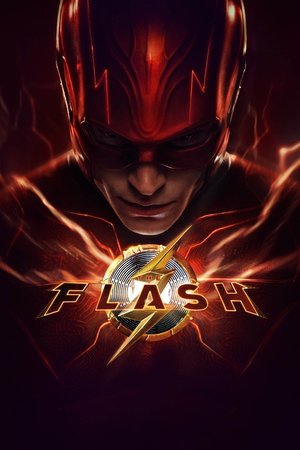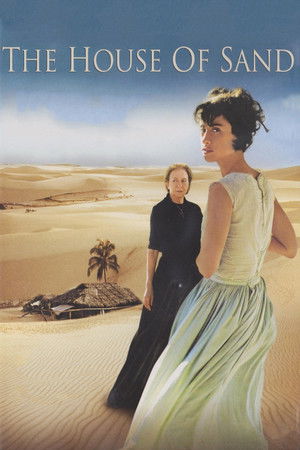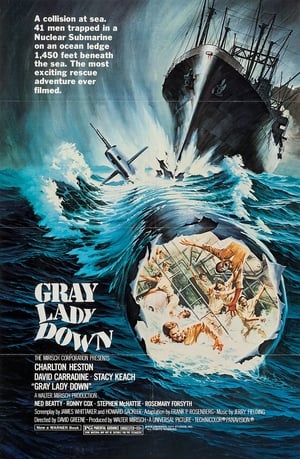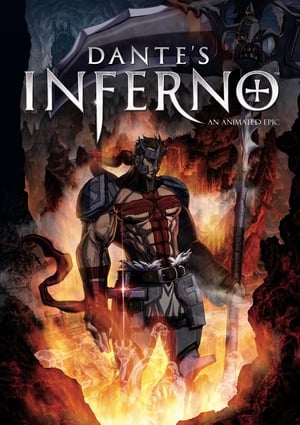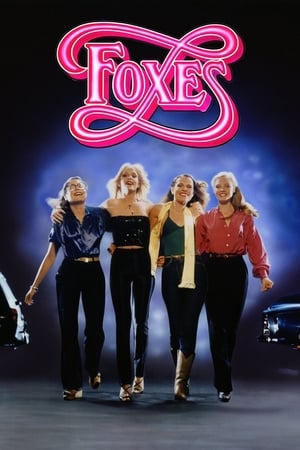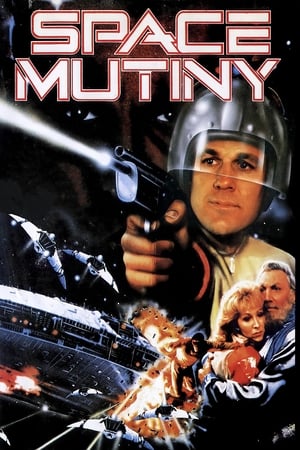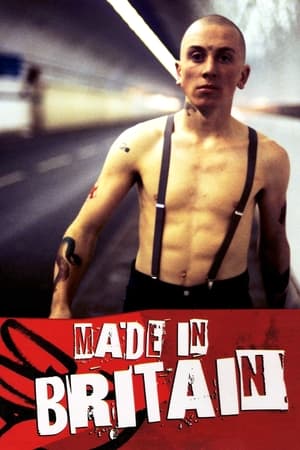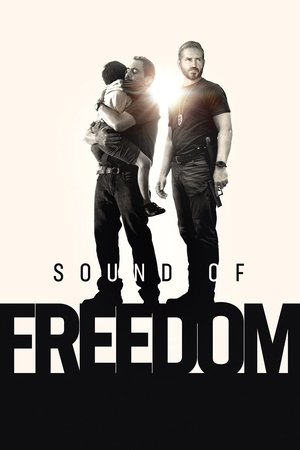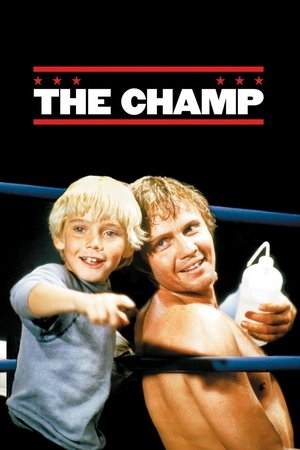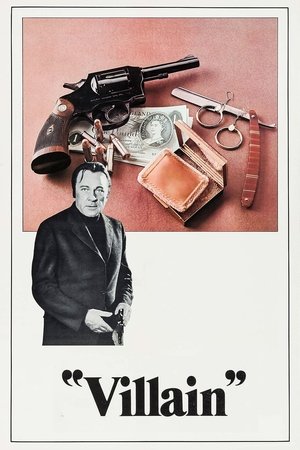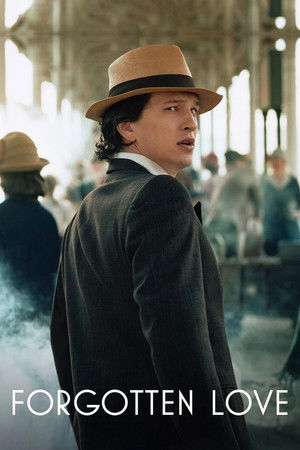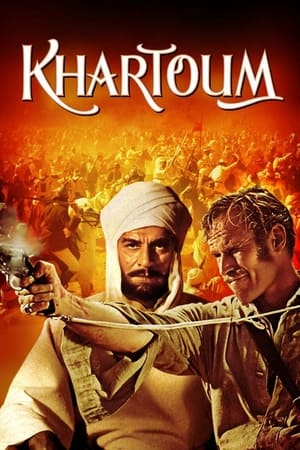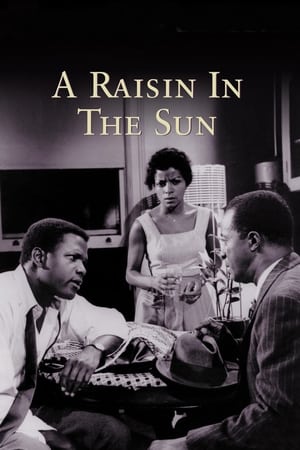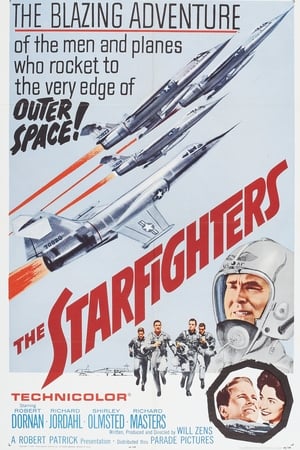Overview
A cargo aircraft crashes in a sandstorm in the Sahara with less than a dozen men on board. One of the passengers is an airplane designer who comes up with the idea of ripping off the undamaged wing and using it as the basis for a replacement aircraft they need to build before their food and water run out.
Reviews
Absorbing character piece that's acted accordingly.
A transport aeroplane carrying an assortment of men crash lands in the Sahara desert, these men must group together in spite of their varying indifference's and build another plane out of the wreckage.
It perhaps, on the surface, doesn't sound much does it? We as viewers are asked to spend over two hours watching these men interact with each other with differing results. The location stays the same, it is just sand, sun, and men awaiting death. Yet the film is one of the best exponents of the character piece because the characters each have their own personal hang ups. Be it carrying scars from the war, or a class difference of upbringing, or that demon addiction to alcohol, these men have to overcome themselves before they can overcome the biggest hurdle in front of them.
Boasting what reads as a who's who of great character actors, The Flight Of The Phoenix becomes a riveting watch because we feel the stifled nature of their plight, because we are blessed to have these wonderful actors fully realising the great writing from Lukas Heller. It is absorbing, it is very sharp, and fittingly we get a twist that makes the ending even more rewarding.
Highly Recommended. 8/10
A true classic.
14 men on a small low budget plane working for an oil company that cares as much about their employees as one might expect.
So, the plane goes down in the middle of the desert, and the twelve survivors just wait to die.
James Stewart is the pilot who feels responsible, but so does his navigator played by Richard Attenborough. Meanwhile, we wonder about the other characters.
We expect Ernest Borgnine, Dan Duryea, and George Kennedy to be the key players, but they relax into the backdrop, except for Borgnine, who soon fades into the backdrop.
Instead, it's Ronald Frasier as a career soldier, and Hardy Kruger as an engineer, who become the key players.
The engineer claims he can build an aeroplane.
Little by little, Townes (Stewart) and Lou (Attenborough) begin to believe the engineer. They see his designs. They get hope. They begin to build the plane.
Then, a bit of dark comedy unfolds as they find out more about the engineer. I dare not spoil it.
The characters are awesome, even those who seem to be just extras, but they aren't extras. In fact, these extras (Kennedy and Duryea) give life to the film. It's probably because they were big name players that they were chosen to be the most minor players, to give the viewer the sense that minor players are real people.
Even "Rat Bags", who appears to be the most brutal of the characters, displays humanity and sorrow when his friend decides to walk out with Peter Finch to seek help.
There's a lot of theatrics and drama, and the setting is the exotic desert, but still the setting doesn't change, yet there is never a dull moment. Much like "12 Angry Men", there is always some animation of emotion and theater that keeps even the most attention deficit disorder person infatuated with the story. I know, because I am as "attention deficit" as they come.
Jimmy Stewart is "Towns" who flies his dilapidated aircraft around the North African oilfields. When once such trip ends in a crash, they find themselves stuck in the desert short of water, and of ideas as to how to get themselves home. Until that is, the rather superior "Dorfmann" (Hardy Krüger) concocts a plan to perform industrial surgery on the wreckage and maybe get them airborne again. What now ensues is a tautly directed series of escapades as the personalities of crew and passengers clash; the desert takes it's toll on the sanity of some, the Bedouin on the lives of others - but can they get out? Richard Attenborough is superb, as is the usually reliable Peter Finch and his sergeant Ronald Fraser - but it is the psychological duel between "Towns" and "Dorfmann" that stands out. Both actors really draw the audience into their predicament, and their characterisations work well to raise the palpable tension before an ending that ties together the surreal with the enjoyable in an innovative and exciting fashion. This is certainly one of Stewart's better performances, and is certainly well worth a watch.

 142 min
142 min
 7.2
7.2
 1965
1965
 USA
USA
 John Chard wrote:
John Chard wrote:
